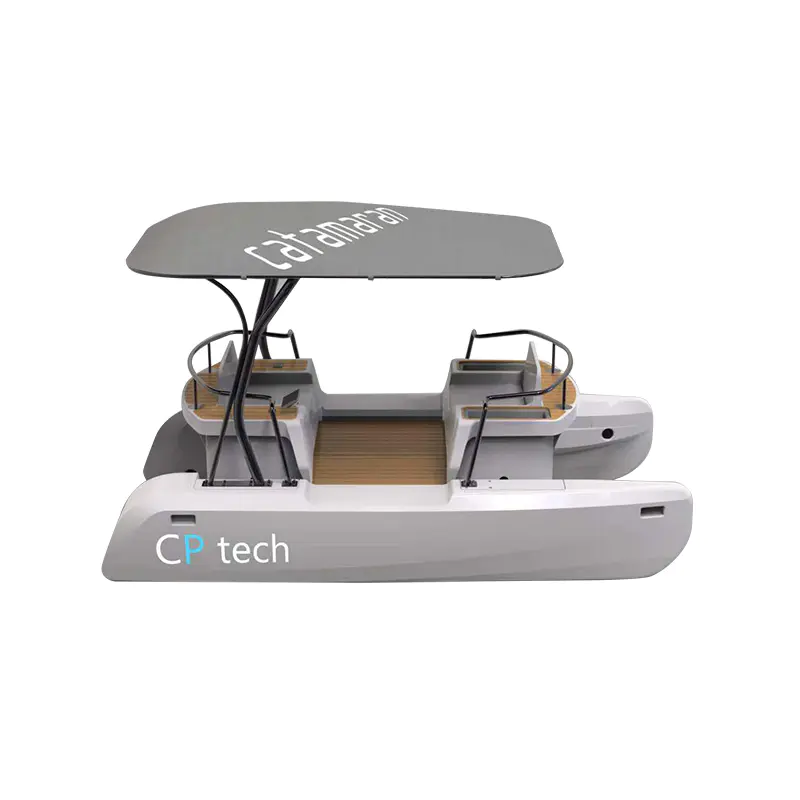How Does an Electric Boat Compare to a Traditional Gas-Powered Boat?
2025-06-13
As interest in sustainable transportation expands beyond land, many boat enthusiasts and marine professionals are exploring the differences between an electric boat and a traditional gas-powered boat. The boating industry is undergoing a noticeable shift, with more manufacturers and consumers considering alternative propulsion systems that are quieter, cleaner, and require less maintenance.
At the core of the comparison is how each type of boat operates. A traditional gas-powered boat uses an internal combustion engine that burns fuel to generate thrust. In contrast, an electric boat relies on batteries to power an electric motor. The absence of fuel combustion gives the electric boat a fundamentally different performance profile and environmental footprint.
The discussed differences is noise. A gas-powered boat typically generates considerable engine noise during operation, which can interfere with the enjoyment of nature or conversation onboard. An electric boat, on the other hand, operates almost silently, creating a more peaceful and less intrusive experience on the water. This characteristic is especially appreciated in calm environments like lakes or canals, where quiet propulsion is preferred.
From a maintenance perspective, an electric boat tends to require less frequent servicing. There are fewer moving parts, no oil changes, and no fuel filters to replace. This simplicity can lead to fewer mechanical issues over time. Meanwhile, gas-powered engines may demand regular tune-ups and periodic replacement of components, which can increase long-term upkeep.

Fueling and charging are another area of contrast. Gas-powered boats are refueled at marina stations, which can be quick but are subject to fuel price volatility and availability. An electric boat is typically recharged using shore power or, in some cases, solar panels. While charging may take longer than refueling, the cost per charge is often lower than gasoline costs, especially when renewable energy sources are used.
When it comes to performance, gas-powered boats have traditionally had the advantage in speed and range. They can travel long distances without refueling and can handle high-speed activities like water skiing with ease. However, modern battery technology is improving rapidly. Some newer electric boat models offer ranges that are suitable for recreational day trips, with sufficient power for cruising and light towing. For many users, these capabilities meet their routine boating needs.
The environmental aspect is another consideration that draws attention. A gas-powered boat emits exhaust gases, including carbon dioxide and other pollutants, directly into the atmosphere and sometimes the water. An electric boat, by contrast, produces zero emissions during use. For environmentally conscious users or those in protected waterways, this characteristic aligns with growing regulations and personal values.
The upfront cost comparison varies based on model and features. While an electric boat may have a higher initial price due to battery systems and advanced electronics, operational savings over time, such as fuel and maintenance, can offset the investment. For long-term users, this difference may be a key deciding factor.
The decision between an electric boat and a gas-powered one depends on individual needs, usage patterns, and preferences. While the traditional boat still holds a strong place in high-performance or commercial settings, the electric boat presents a viable alternative for those seeking quieter, cleaner, and lower-maintenance boating experiences.

 English
English  русский
русский  عربى
عربى 








